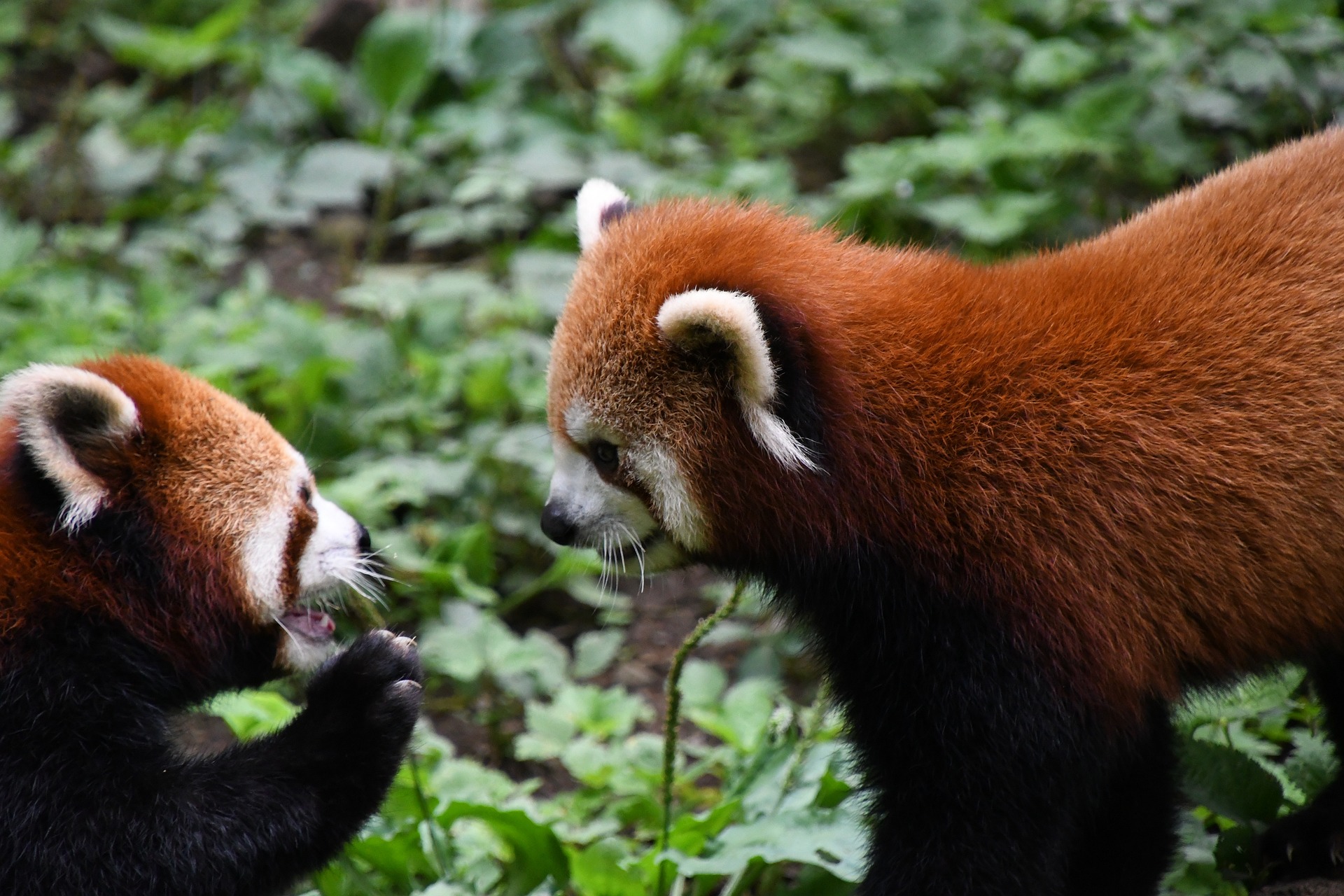Unraveling the World of Octopets: Owning an Octopus as a Pet
Introduction: Dive into the deep and discover the unique world of octopets. This article unveils the intriguing and lesser-known topic of owning an octopus as a pet, detailing everything from their fascinating history, current trends, and the potential implications on the pet market.

A Brief History of Octopets
Octopuses have been captivating creatures since ancient times, with their mysterious presence in the deep seas inspiring awe and curiosity. Early civilizations, such as the Greeks and Romans, often depicted octopuses in their art and mythology. However, it wasn’t until the 20th century that people started considering these marine animals as potential pets.
Initially, only large public aquariums and research institutions housed octopuses due to their complex care requirements. But advancements in aquarium technology and an increased understanding of octopus biology have made it possible for hobbyists to keep these fascinating creatures at home.
Current Trends in Octopus Pet Ownership
Today, there is a growing interest in keeping octopuses as pets, especially among marine aquarium enthusiasts. This trend has been driven by several factors, including the appeal of their intelligence and unique behaviors, as well as the challenge of providing the right care for these highly specialized creatures.
Some species, like the common octopus (Octopus vulgaris) and the dwarf octopus (Octopus joubini), are particularly popular due to their manageable size and relatively short lifespan, which makes them suitable for home aquariums.
The Cost and Impact of Octopus Pet Ownership
Owning an octopus is not a decision to be taken lightly, both in terms of commitment and cost. The initial setup for an octopus-friendly aquarium can range from $200 to $500, while the octopus itself can cost anywhere from $30 to $100, depending on the species. There are also ongoing costs for feeding and maintaining the tank, which can add up over time.
The rise in octopus pet ownership has also sparked debates within the marine conservation community. Some argue that it contributes to the overharvesting of wild octopuses, while others believe that responsible pet ownership can help raise awareness about these creatures and their conservation needs.
The Science Behind Octopus Care
One of the reasons why octopuses are challenging pets is their complex biology. Octopuses are known for their intelligence and problem-solving abilities, which means they need plenty of mental stimulation in their environment. They are also masters of escape, with the ability to squeeze through tiny gaps and open latches, requiring a securely sealed aquarium.
Furthermore, octopuses are sensitive to water conditions and require a diet of fresh, live seafood, which can be difficult and expensive to provide. They also have relatively short lifespans, with most species living for only one to two years.
The Future of Octopets
As interest in octopus pet ownership continues to grow, it’s crucial to balance this trend with the need for responsible and educated pet ownership. Potential owners must be prepared for the unique challenges and commitments that come with caring for these intelligent and complex creatures.
While there is much debate about the impact of the pet octopus market, what’s clear is the need for ongoing research and education. Through understanding and respect, we can ensure a mutually beneficial relationship with these fascinating creatures of the deep.




